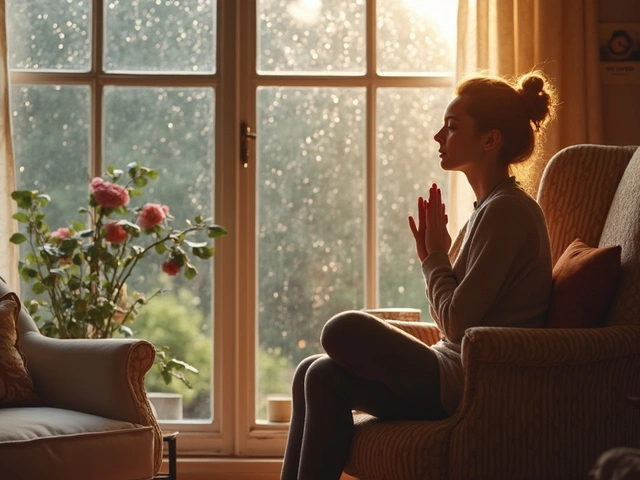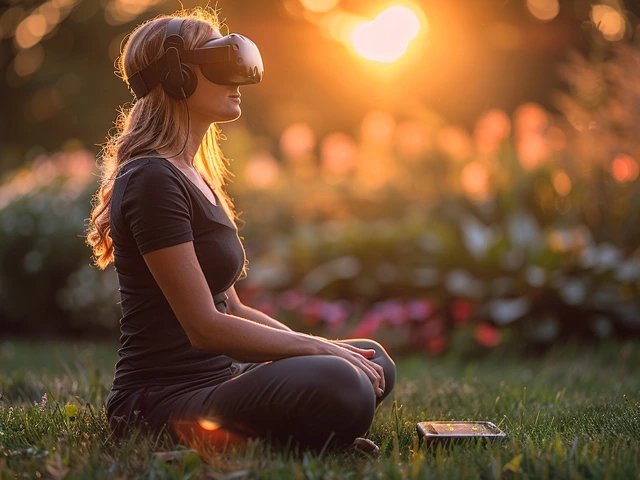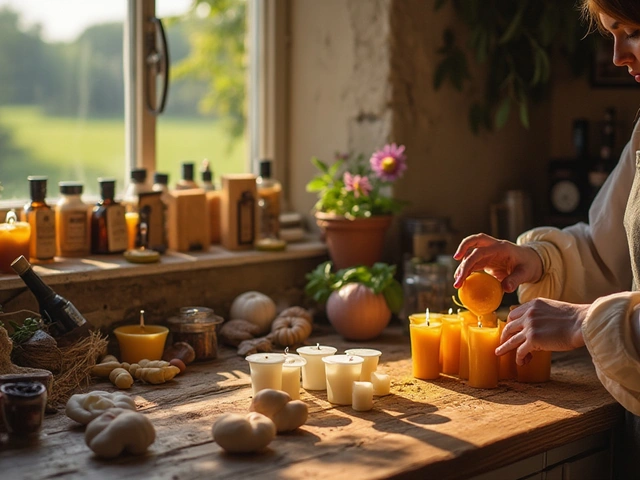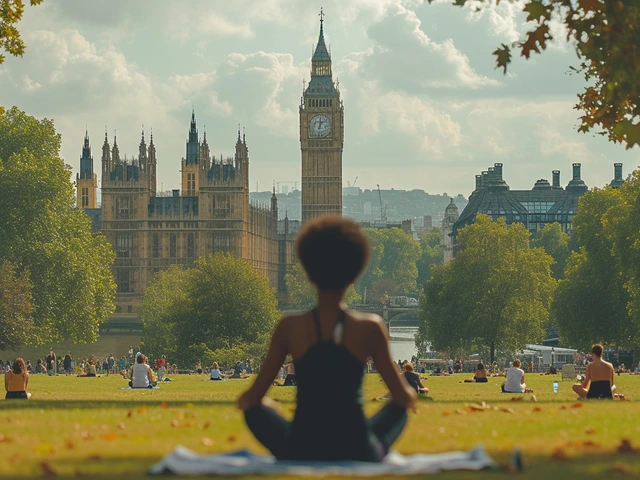COVID-19 Anxiety: How to Calm Worry and Take Back Control
Feeling anxious about COVID-19 is normal. You’ve seen changing rules, worrying headlines, and maybe you or someone you love had symptoms. That constant worry can wear you down, but small, practical steps can make a big difference fast.
First, handle information the smart way. Constant news or doomscrolling fuels anxiety. Pick two trusted sources — like the CDC or WHO — and check updates once or twice a day only. Turn off push alerts and set a 15-minute news window so facts inform you without taking over your day.
Second, use simple tools to calm your body. Try box breathing: inhale for four counts, hold for four, exhale for four, hold for four. Do this for a few minutes when panic rises. Progressive muscle relaxation also helps: tense each muscle group for five seconds, then release. These techniques slow your heart rate and clear your head.
Build a routine that supports mental health
Routine reduces uncertainty. Keep regular sleep, meals, and movement. Aim for 30 minutes of activity daily — a brisk walk, stretching, or yoga. Schedule short breaks for mindful breathing or gratitude practice. Replace hours of scrolling with one focused hobby—reading, cooking, or a creative exercise like drawing or music. Small wins add up and cut anxiety.
Manage health worries and checking behavior
If you find yourself constantly checking symptoms or searching your body for signs of illness, interrupt the habit. Set a "worry time" for 20 minutes in the afternoon to jot concerns and possible actions. Outside that slot, gently redirect your focus to a task or sensory grounding: name five things you see, four you can touch, three you hear, two you smell, and one you taste. This brings you back to the present.
Stay connected. Talk to friends or family about practical plans and feelings. If you can, share tasks like grocery runs or vaccine appointments. Social support lowers stress and reminds you that you’re not facing this alone.
Limit substances that worsen anxiety. Caffeine, nicotine, and heavy alcohol make anxious feelings stronger. Try herbal teas, short walks, or breathing instead.
When to get professional help? Reach out if anxiety stops you from working, sleeping, or caring for yourself, or if you have thoughts of harming yourself. Therapists can offer targeted tools like cognitive behavioral therapy and exposure work. If needed, a doctor can discuss medication options.
Use practical resources from trusted places. Try a guided mindfulness app, read short guides on health anxiety, or try creative arts activities that shift focus and ease emotion. Small daily changes — limiting news, practicing calming breaths, building a routine, and staying connected — add up fast. You can feel steadier even while the world keeps changing.
If you want a starting plan: cut news to two checks, practice box breathing twice daily, move for 30 minutes, set a 20-minute worry slot, and call one friend each day. Track progress and adjust what helps you most right away.
Health Anxiety: How to Cope in a Pandemic
Hey there, it's hard not to worry about our health during this pandemic, isn't it? This post aims to help you address health anxiety, that nagging feeling that something's wrong even when you're actually okay. We'll talk about strategies for managing this type of anxiety amid the COVID-19 crisis. From understanding your fears to mindfulness techniques, let's explore ways we can better cope even in these challenging times. Together, we'll ride this wave and come out stronger on the other side.
View More





